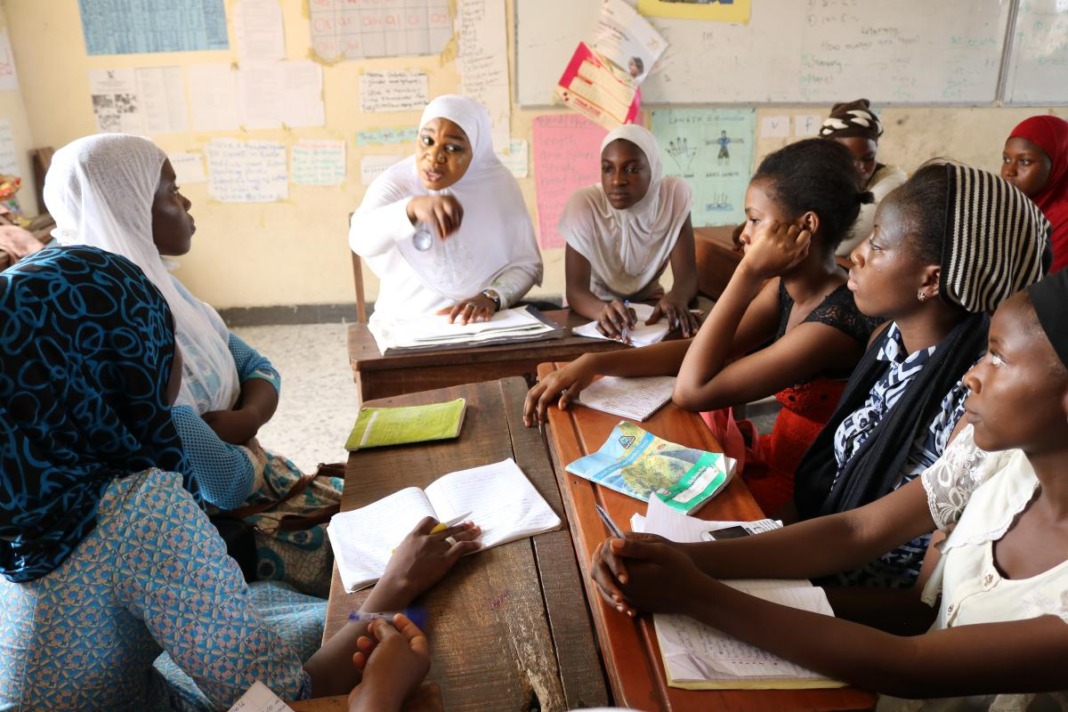Sexual and reproductive health education, access to contraception, and reproductive rights are crucial elements in ensuring the well-being and autonomy of individuals. By emphasizing comprehensive sex education, Nigeria can empower its citizens with knowledge, promote responsible decision-making, and address the challenges that hinder its effective implementation.
The absence of comprehensive sexual and reproductive health education, access to contraception, and reproductive rights in society can have significant consequences. Without comprehensive sex education, individuals may lack the knowledge and understanding to make informed decisions about their sexual and reproductive health. This can lead to higher rates of unplanned pregnancies, unsafe abortions, and the spread of sexually transmitted infections (STIs). Limited access to contraception further exacerbates these issues, potentially resulting in increased maternal and infant mortality rates, and higher healthcare costs.
Comprehensive sex education plays a vital role in equipping individuals with accurate and age-appropriate information about sexual and reproductive health. By imparting knowledge on topics such as relationships, consent, contraception, sexually transmitted infections (STIs), and reproductive rights, comprehensive sex education enables individuals to make informed decisions about their bodies, relationships, and reproductive choices. It fosters healthier attitudes, reduces the risk of unplanned pregnancies, and helps prevent the spread of STIs.
One of the key benefits of comprehensive sex education is its potential to reduce the rates of unintended pregnancies and unsafe abortions. When individuals are equipped with knowledge about contraception methods, they can make informed choices based on their circumstances and reproductive goals. Accessible and affordable contraception methods, including condoms, oral contraceptives, implants, and IUDs, are essential in empowering individuals to exercise their reproductive rights and make choices aligned with their health and well-being.
However, several challenges hinder the implementation of comprehensive sex education. Cultural and religious norms often limit discussions surrounding sexuality and reproductive health. Misconceptions and stigmas associated with these topics can lead to resistance and reluctance to embrace comprehensive sex education. Overcoming these challenges requires a collaborative effort involving government bodies, civil society organizations, educators, and community leaders.
To address these challenges, it is essential to advocate for policy changes that prioritize sexual and reproductive health education in the national curriculum. Training and capacity-building programs for educators can equip them with the necessary knowledge and skills to deliver comprehensive sex education effectively. Engaging religious and traditional leaders in dialogue can foster greater acceptance and understanding within communities, thereby facilitating a more inclusive and supportive environment for sexual and reproductive health education.
Furthermore, partnerships between the government, healthcare providers, and non-governmental organizations are vital to improve access to contraception. It is crucial to ensure the availability and affordability of a wide range of contraceptive methods across the country. Community-based initiatives, public awareness campaigns, and the establishment of youth-friendly clinics can enhance accessibility and empower individuals to make informed choices regarding their sexual and reproductive health.
Protecting reproductive rights is another significant aspect of promoting sexual and reproductive health. It is crucial to advocate for laws and policies that uphold individuals’ rights to make decisions about their own bodies, including access to safe and legal abortion services, especially in cases of rape, incest, or when the mother’s life is at risk. Addressing social and cultural barriers, raising awareness about reproductive rights, and providing support services can contribute to creating an environment that respects and protects individuals’ reproductive autonomy.
In conclusion, promoting sexual and reproductive health requires a multi-faceted approach. By focusing on comprehensive sex education, ensuring access to contraception, and protecting reproductive rights, Nigeria can empower its citizens to make informed decisions about their bodies and relationships. Overcoming the challenges of implementation will require collaboration, advocacy, and a commitment to creating an environment that prioritizes sexual and reproductive health education and services. By doing so, Nigeria can foster a healthier, more empowered population and contribute to the overall well-being and development of the nation.



